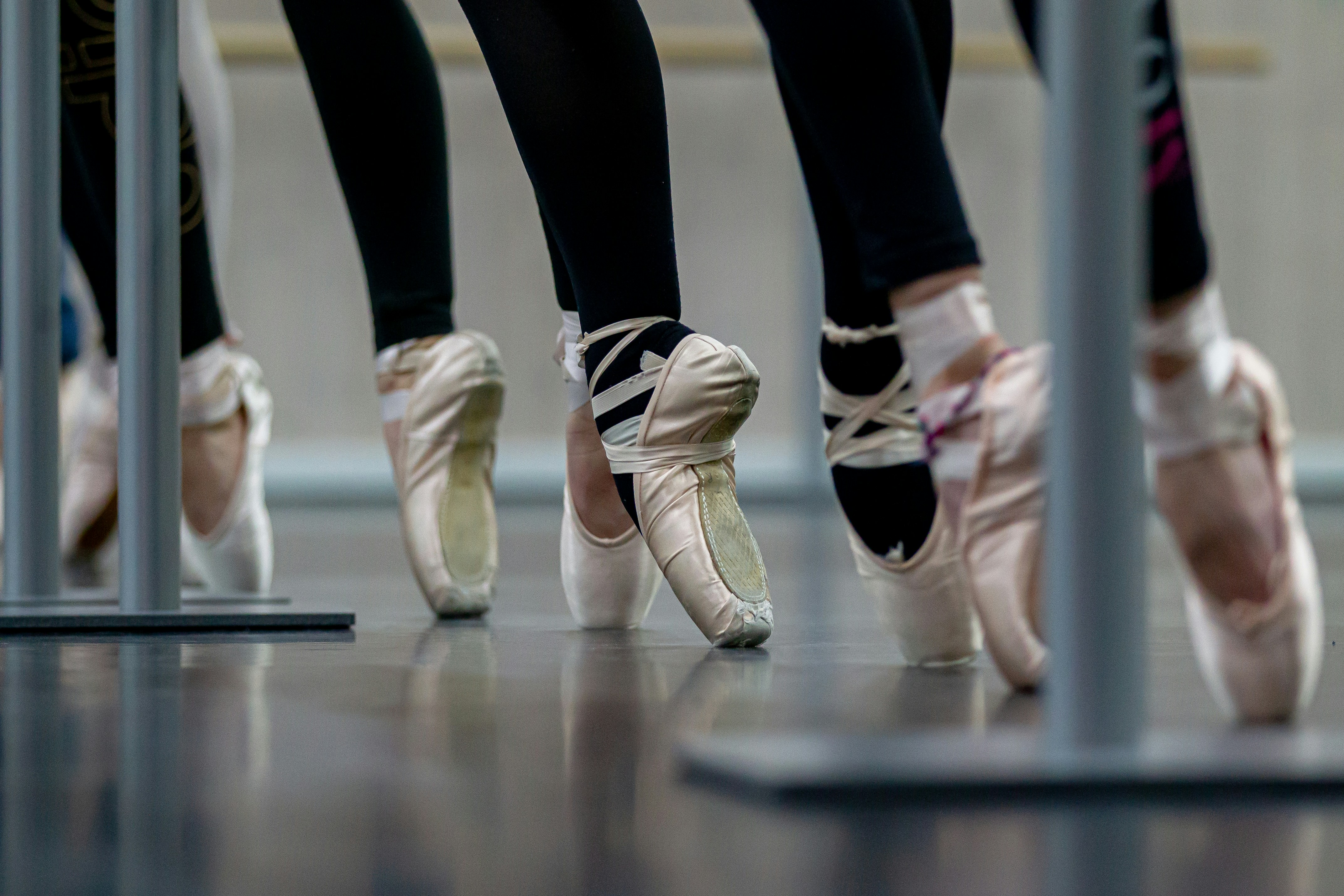It’s commonly debated whether dance qualifies as a sport, but dance goes far beyond athleticism — it’s a powerful form of emotional expression, social connection and a tool to combat cognitive decline. More than just a movement, it offers an escape from daily stresses, helping us navigate life’s challenges, both big and small.
While the art of dance may seem straightforward to some, intricate choreography requires a deep cognitive process. Learning and repeating movements not only sharpens physical coordination but also enhances neural transmission in the brain, strengthening mental agility.
A recent systematic review led by Crystal Tomaszewski and her team investigates the therapeutic benefits of dance therapy for individuals with psychological trauma. The study emphasizes that the success of dance therapy heavily depends on the consistency of the intervention. It has the potential to significantly aid women who have survived violence and individuals facing migration-related challenges. By integrating both psychological and physical healing elements, dance therapy offers a holistic approach to trauma recovery addressing the complex needs of these vulnerable groups.
In an emotional interview with THE Healthy, Fiona shared her heartbreaking journey after becoming pregnant at 16 years old from sexual assault and being pressured by her family into a closed adoption. For two decades, she buried the trauma of that experience deep within herself. However, after suffering a miscarriage with her [now ex] husband 20 years later, Fiona began to confront the pain she had endured. Realizing the profound impact these traumatic events had on her body and mind, she sought healing through dance therapy.
This therapeutic approach gave her a way to reconnect with her body, release pent-up emotions and process the pain she had carried for so long. Dance therapy became a vital tool in helping her reclaim a sense of control and begin her journey toward healing.
“Dancing allows me to be vulnerable and open in a safe setting,” said Fiona. “I’m learning new things, making friends and getting a great endorphin rush. But perhaps most importantly, I’m learning that I’m not ‘too sexy.’ There’s something deeply powerful about getting to be just-right sexy, in a safe place, where I’m not worried about being touched or people staring at me or thinking I’m ‘too’ anything. I am beginning to see my body in a beautiful way, appreciating the way it moves and flows.”
As Fiona’s story illustrates, dance is more than just a sport or an art form — it’s a lifeline. It offers a unique path to healing, allowing individuals to reconnect with their bodies and process emotions in ways words cannot. For people like Fiona, it has become a safe space to embrace vulnerability, rediscover self-love and celebrate the beauty of movement.
The Lewis Foundation Of Classical Ballet highlights research showing that dance significantly reduces the risk of dementia in older adults. In a study examining the effects of various leisure activities on dementia risk, researchers found that out of 11 physical exercises, only dance had a measurable impact in lowering dementia risk.
This is attributed to the social engagement and mental challenges inherent in dancing, which stimulate brain regions responsible for executive function, memory and spatial awareness. Key brain regions like the basal ganglia and cerebellum work together during dance to coordinate movement with precision, while the somatosensory cortex aids in motor control and hand-eye coordination further enhancing both cognitive and physical abilities.
Whether it’s offering solace through trauma recovery or enhancing cognitive function in older adults, dance continues to prove itself as a powerful force in promoting holistic well-being. In every step, every rhythm, there is an opportunity to reconnect, heal and rediscover the joy and strength that often gets lost in life’s challenges.
As we dance, we don’t just move — we transcend, growing emotionally, mentally and physically in ways that one cannot fully describe. Dance is not just movement; it’s the path to rediscovering the self, one step at a time.

